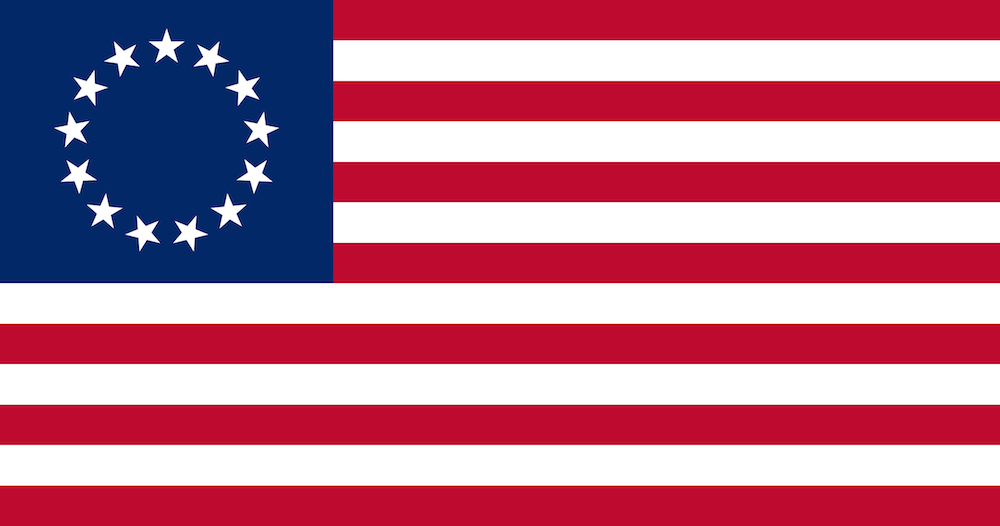
Uwe Bott, Chief Economist at The Globalist Research Center, raised some interesting points in a new article on the latest Argentinian debt crisis, explaining how Wall Street hedge funders are abusing the Rule of Law to profiteer from Argentina’s chronic fiscal problems:
On Wednesday, Argentina is likely to default again on its sovereign debt. After its mega-default on some $100 billion in December 2001, it is now likely to default on those bonds that were restructured in 2005 and 2010.
Why is it that Argentina, once again, cannot pay? Well, that’s actually not the issue. Argentina can pay and has paid its semi-annual payment to the trustee of the restructured bonds, the Bank of New York Mellon.
Without getting fully into all the legal tangles – and they are mind-numbingly complex – there is a broader point to be considered in the battle of New York vs. Argentina. It concerns the role that New York-based hedge funds play in the global financial game.
Wolves in sheep’s clothing
In essence, they try to present themselves as sheep, while they really are wolves. Let me explain: Unlike most of Argentina’s bondholders, NML Capital and Aurelius Capital Management bought Argentine bonds in 2002 and 2003, after Argentina had already defaulted. For that reason, they were able to buy these bonds for pennies of their face value.
Why on earth would they do that, you ask? Because from the get go, they intended to use – or rather abuse — the legal rights of holders of bonds issued under New York law for one purpose only, to make Argentina pay the full amount at a later point in time.
Argentina managed to obtain restructuring agreements from its bondholders in 2005 and 2010 that paid them 30 cents for each dollar owed and over a much longer maturity.
The hedge funds rejected these restructurings. They knew that New York law was on their side.
[…]
But the issue left unaddressed is this: Is this really a question of the letter of the law — or is it a question of the intent of the law? Specifically, is this not a stellar example for “two wrongs don’t make a right”?
True, Argentina should have complied with its debt obligations and surely could have afforded to pay more than the 30% of face value to all investors. But the hedge funds’ exploiting the letter of U.S. law after buying defaulted bonds for pennies and then asking for full repayment flies in the face of what justice is all about.
This behavior is a longstanding and apparently proud American — or perhaps more accurately, New York City — tradition, dating to the earliest days of the republic.
Read more



